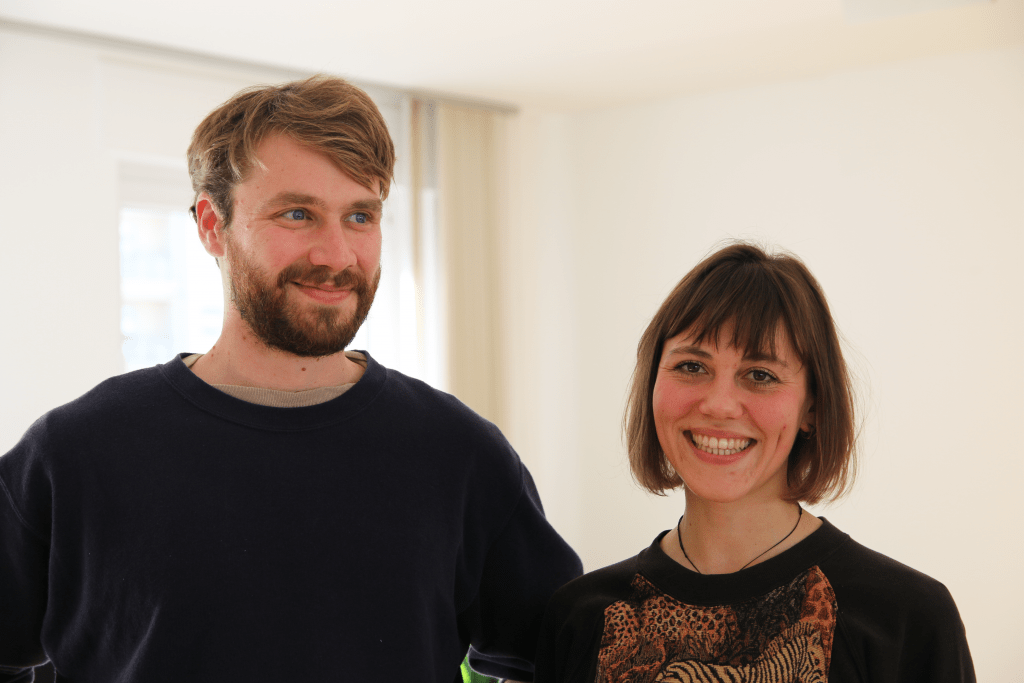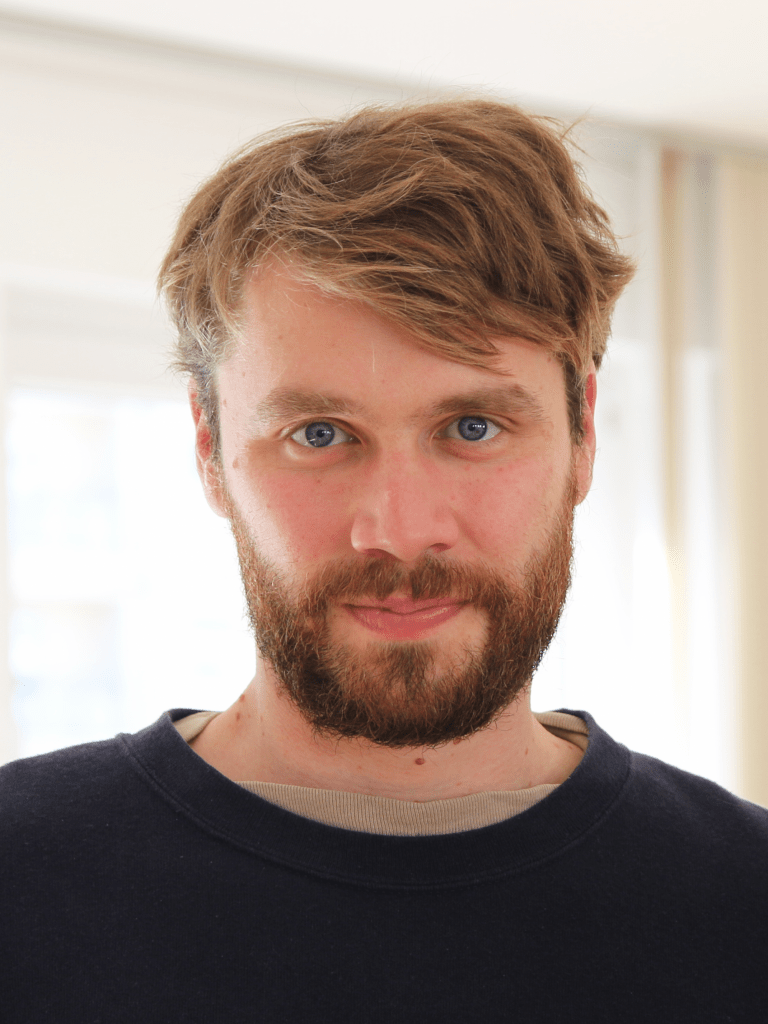Sport is for everyone – right? “People affected by poverty in particular have little access to current sports groups and clubs,” says Lukas Oettle, a doctoral candidate at the Department of Sport and Sport Science at the University of Freiburg. “The hurdles include high costs for memberships and sports equipment. But worries about not being able to keep up or not fitting into the group also make access to sports considerably more difficult.”
Oettle’s motivation to close this gap led him to take action as part of his master’s thesis. He asked people at counselling centres for housing and unemployment about their wishes and needs. From this, he developed an initial concept: free sports courses that anyone can take part in without prior knowledge or registration. Together with Theresa Wießmann, who also studied at the Department of Sport and Sport Science, he organised an introductory course with different sports activities every week to get to know each other. At the time, the project was organised by the Ferdinand-Weiß-Haus, a Freiburg social welfare institution for people in need of housing. There was great interest and gradually more and more courses were added: from indoor football and full-body training to dancing and a swimming course for women. In 2022, the student project became the beneFit e.V. association it is today. “In 2023, we had around 200 participants in total, with a group of around 50 attending very regularly,” says Oettle. “We notice that the programme does people good. In addition to sports, we organise community events and provide advice in individual cases, for example on finding a job or housing.”

The beneFit courses are free of charge. People in vulnerable situations can take part without prior knowledge or registration. Source: beneFit
Academic support at the University of Freiburg
“The connection to the University of Freiburg was and is important from various perspectives when setting up the association,” says Oettle. On the one hand, the direct contact with students who offer courses as trainers is valuable. Some students also took advantage of the opportunity to get involved in the association as part of the area of career-orientated skills (BOK). Secondly, the academic support of the association’s work is central to the programme: “The fact that we continuously monitor the association’s activities scientifically means that our programmes are also highly impact-oriented.” Participants in the courses also have the opportunity to provide regular feedback and thus actively help shape the courses.
In addition to Lukas Oettle’s and Theresa Wießmann’s master’s theses, other theses and research papers have been written on the beneFit e.V. sports courses. In his doctoral thesis, Oettle is also researching social exclusion in sports and the potential of participating in sports for one’s own life. To this end, he is conducting interviews with course participants. Oettle also received support for the establishment of beneFit e.V. from the supervisor of his master’s thesis and doctoral supervisor, Prof. em. Dr Petra Gieß-Stüber, who is also involved in the academic support of social sports projects.

Lukas Oettle and Theresa Wießmann developed the concept of beneFit e.V. during their Master’s theses. Academic support is still central to the programme today. Photo: Verena Krall
Seminar on “Social innovation and entrepreneurship in sports”
Oettle now passes on his knowledge to students in a self-developed seminar entitled “Social Innovation and Entrepreneurship in Sport”. Over the course of a semester, students create their own innovative concepts for social sports projects. “Of course, not everyone has the ambition to actually start a project. But overall, the feedback so far has been very positive,” says Oettle. At the opening of the Academic Year 2023, for example, the start-up “GapLess” received a special “Pfiffikus” prize. The founders took part in Oettle’s seminar and run skateboard workshops for children and young people affected by displacement.
Wießmann, Oettle and the beneFit e.V. team have now raised new project funding for 2024. In addition to the courses, they are always planning to draw attention to the association with larger events such as neighbourhood festivals. “One highlight this year will certainly be the German Street Football Championships,” says Oettle. In the near future, they will also be focussing on recruiting sponsors in order to stabilise the association. “We hope that similar programmes might be set up in other cities in the future. We are currently finalising the concept and creating guidelines,” says Oettle.

